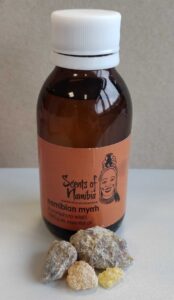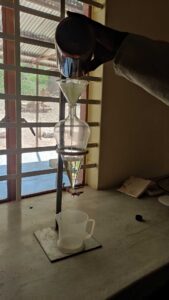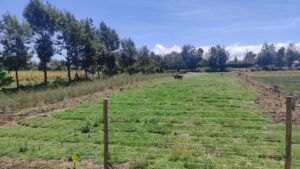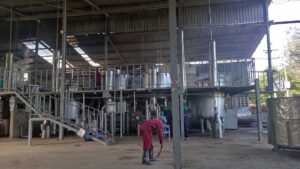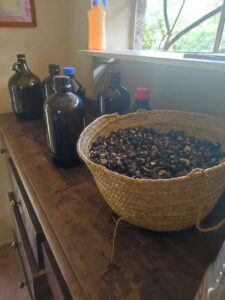- S(m)elling the Wild: WP2
The Selling Scent: The Political Ecology of Natural Fragrances
With Work Package 2 (WPII) Anna Céline Schäfer (PhD student) and Clemens Greiner (principal investigator) explore biological and biotechnical processes involved in (re)producing “wild” essential oil resources in natural landscapes, on plantations, and laboratories. Following different manifestations of “the wild smell” the research questions our understanding of “wilderness” and “purity” in the essential oil and cosmetic industries.
Following bio-prospectors, connoisseurs, and olfactory experts in their search for and development of new “wild” and “authentic” fragrances as well as the involved valuation processes, the research shows how the industry is confronted with the finiteness of natural resources and tries to find alternative ways to fulfill rising demands for “wild” and “authentic” fragrances which results in mass cultivation or synthetization.
- WP 2: The Selling Scent
Focus Questions
What is a good scent and who or what qualifies it as such?
What role do standards and certificates play in the commodification process of natural fragrances?
What is the role of wild-sourced natural fragrances in a global perfume and aroma industry and how does this industry understand wilderness and translate it into commodities?
Which impacts has the commodification of natural fragrances on the perception of the natural and social environment as well as local economic opportunities?
Background
In the arid northern region of Namibia grows a plant as unique and bristling as the surrounding environment and the people living in it. In this water-scarce environment women tend to include fragrant plants into their body care, such as the resin of Commiphora Wildii, commonly known as Omumbiri or Namibian Myrrhe.
Led by the struggles of survival in a more and more hostile environment due to climate changes, the communities based there together with a handful of researchers developed alternative economic strategies to assure survival in this region. One of their solutions: creating Omumbiri essential oil and selling it as an ingredient for cosmetic products and perfumes.
Although the resources seem abundant and the willingness to commodify the natural resource is there, sales go slow. Indeed, Omumbiri finds itself in a very competitive market, that is not only determined by supply and demand but by a market governance system. At the heart of these systems one finds a huge number of different governmental as well as non-governmental standards that determine the fate of a product in the global cosmetics market such as Omumbiri.
Lead by the question of what characteristics does a scent that sells successfully need, the study engages with different kinds of expertise determining the quality of smell using the example of Omumbiri. Starting with traditional knowledge and harvesters’ expertise, the investigation follows the localized smell of Omumbiri into the complex field of olfactory governance systems in a global economy unveiling power relations in governmental and non-governmental sustainability standards showing how these standards not only determine the fate of a natural product such as Omumbiri but can also change local perceptions of the human-environmental relationships.
Accessing the field from a Political Ecology lens to investigate the making of olfactory resources and the involved power structures, the study puts sensory perception in the foreground as a form of understanding but also shaping the relation of local human-environment relations embedded in a global capitalist economy.
With the help of Sensory Ethnography and approaches from the Anthropology of Expertise as well as the Anthropology of Standards the research investigates how the quality of natural fragrances is assessed via smell and the material properties of natural fragrant resources. The project uses common qualitative research techniques like interview and participant observation, while also making use of the videographic methods (Pink 2007), thick participation (Spittler 2014) and polymorphus engagements (Gusterson 1997) with diverse experts.
The research project is constructed as a multi-sited research as it is concerned with a global economy of smell. While the main regional focus lies in Namibia and South Africa with the case of Omumbiri, it parallelly follows different expertise in the fragrance creation and standardization economy all over the world but especially in Europe.
Involved Members

PD Dr. Clemens Greiner
Director of the Global South Studies Center (GSSC), University of Cologne
Principal Investigator: S(m)elling the Wild: The Political Ecology of Arboreal Essential Oils and the Making of Olfactory Resources
PD. Dr. Clemens Greiner
Clemens Greiner is a cultural and social anthropologist and the academic coordinator of the Global South Studies Center (GSSC) at University of Cologne, Germany. His research interests include political ecology, rural change, migration and translocality. He has done extensive fieldwork in Kenya and Namibia.
Research interests: Economic Anthropology, Political Ecology, Land-use change, Human-environmental relations, Eastern and Southern Africa
Contact: clemens.greiner@uni-koeln.de
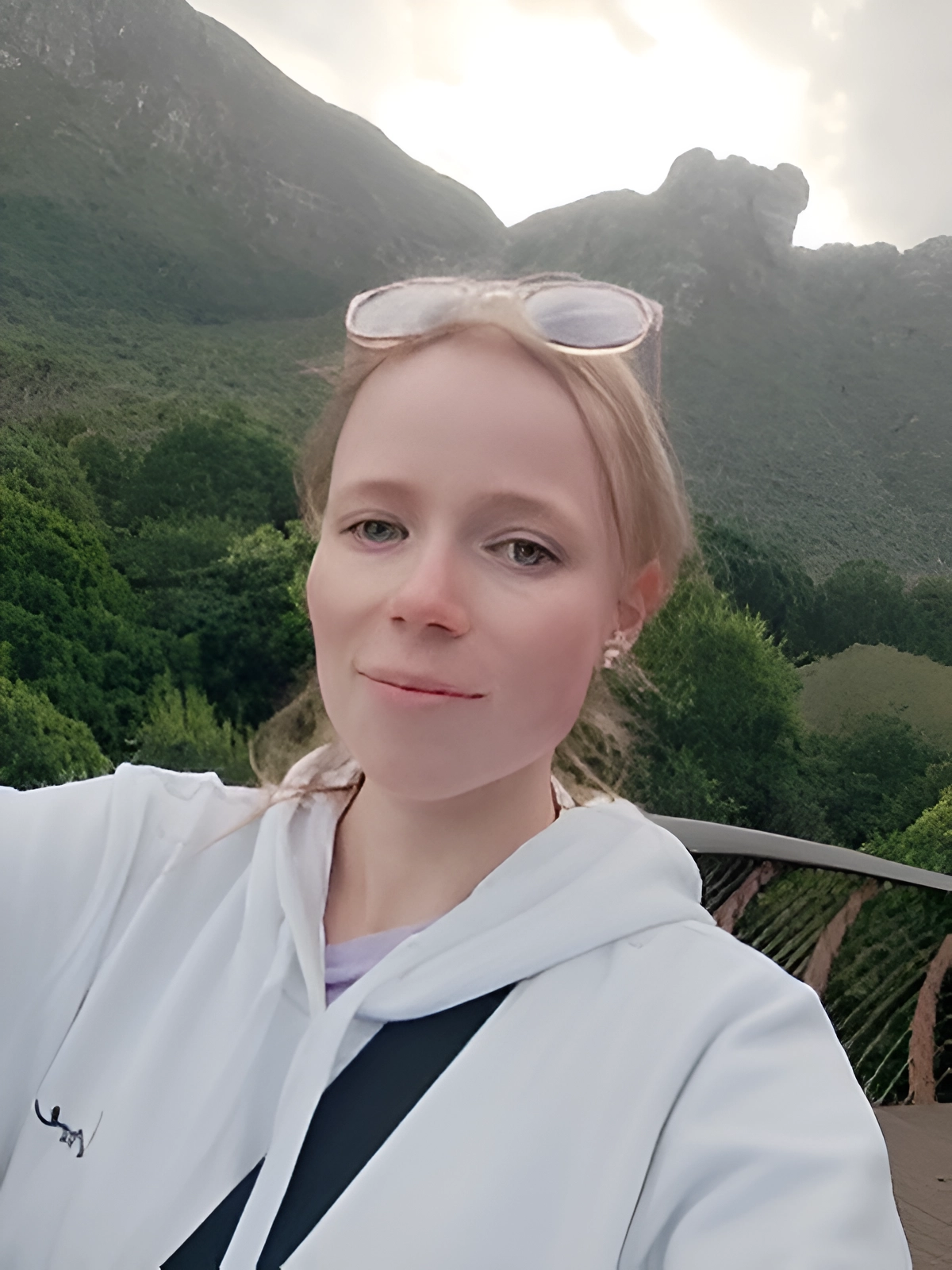
Anna Céline Schäfer (M.A.)
Doctoral researcher: S(m)elling the Wild: The Political Ecology of Arboreal Essential Oils and the Making of Olfactory Resources
Project Manager of Work Package 2: The Selling Scent
Anna Céline Schäfer (M.A.)
Research interests: Human-environment relations, Political Ecology, More-than-human relations, Sensory Anthropology, Media Anthropology, Museum Anthropology, Anthropology at the Doorstep, Eastern and Southern Africa, Europe
Contact: a.schaefer@uni-koeln.de
